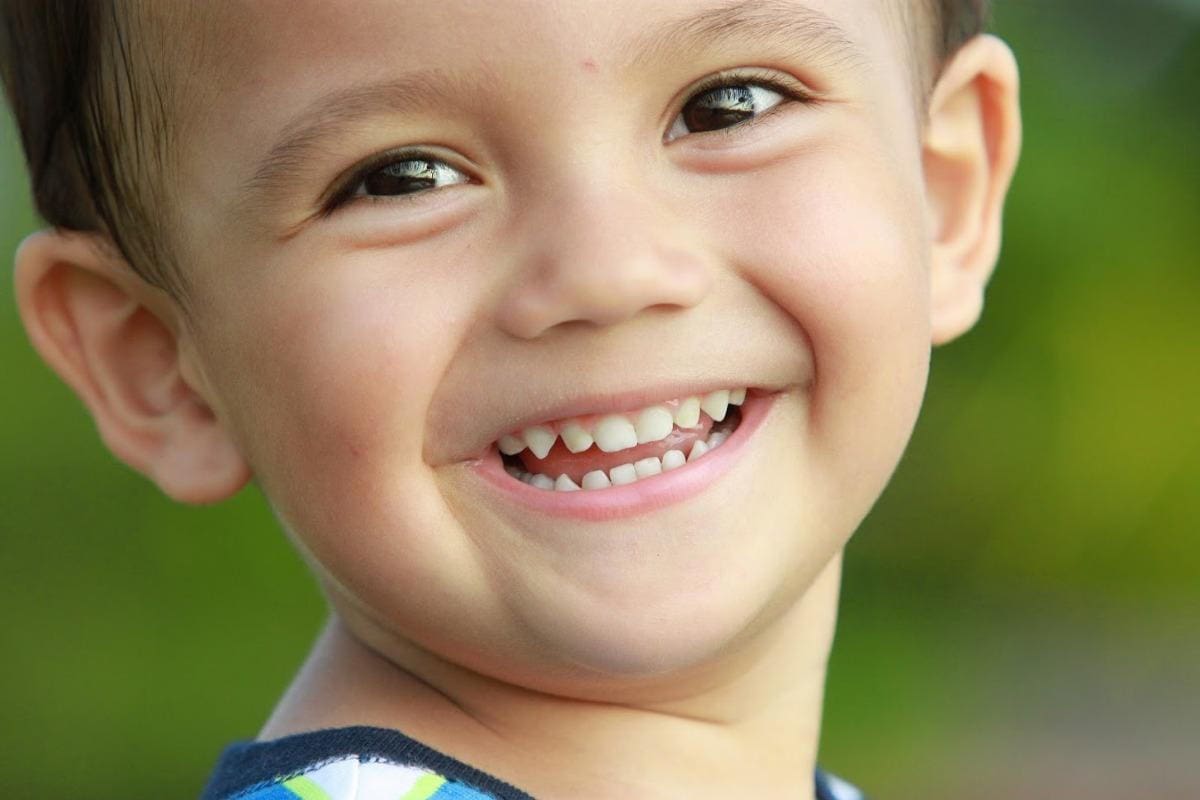If you’ve recently had your first child, you’re likely looking into all of the things you should do to raise your kids the right way. While you probably have a pediatrician from their birth to help walk you through the medical care that you should provide, chances are that you likely do not have a dentist to help you with your child’s oral health.
The following information will help you out as a new parent looking for guidance about what to do to keep your child’s mouth healthy.
Infant Care
Your child may not have many teeth when they are an infant, but that doesn’t mean that you shouldn’t forget about their oral health. Get into a routine as a parent with making sure your child’s gums are clean, even if they just drink milk.
Do this by simply wiping down their gums with a damp cloth before they go to sleep. This will help remove sugar that’s in their mouth from the milk that they drink, which can cause bacteria to grow while they sleep.
The American Academy of Pediatric Dentistry recommends that you take your child to the dentist soon after their first birthday or when their first tooth shows up. The appointment is not so much about the teeth that have come in, but about the overall health of their mouth.
A dentist looks at their gums and oral tissues for potential problems. They check to see how their bite aligns and see if thumb sucking has caused any damage. This is also a chance to learn what you should do for your child’s oral health once more of their teeth grow in.
Toddler Care
When your child becomes a bit older and more teeth have developed, you should help them with their brushing to make sure that it is effective. Make sure that you brush their teeth twice a day with the proper-sized toothbrush. Don’t assume that you can use an extra adult-sized toothbrush that you have, since it won’t effectively clean their teeth like one designed for a child’s small mouth.
Use only a small amount of toothpaste that is no bigger than the size of a pea, and make sure that the toothpaste is fluoride free. This is because your child shouldn’t ingest a lot of fluoride, and they will likely not grasp the concept of spitting out the toothpaste at such a young age.
Use gentle brushing motions across the surfaces of their teeth, making sure not to apply a lot of pressure. More pressure will not get the teeth cleaner and can actually damage the enamel by doing so.
Preschooler Care
Now is the time where you really start establishing good oral care habits with your child. The routine of brushing their teeth twice a day should be second nature, and your child should continue to improve their independent brushing technique. That said, do not expect them to be able to completely brush on their own until they reach grade school.
The trips to the dentist will start becoming more involved. Expect the dental office to take x-rays of your child’s teeth to help see if your child has any cavities. Even though your child has baby teeth, they need to stay healthy and not develop decay. Losing a tooth at an early age can cause problems with the adult teeth as they grow in, causing the need to depend on braces to make the necessary corrections.
Reach out to Youth Dental & Vision if you want to make a dental appointment for your child. We can help with becoming your resource for all things related to your child’s dental care.


